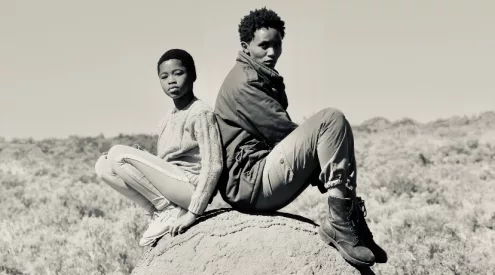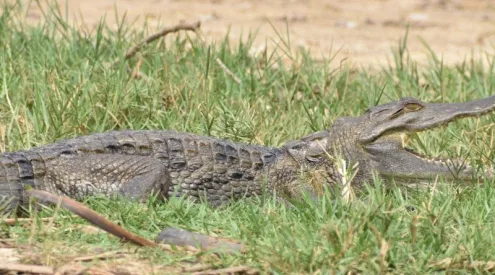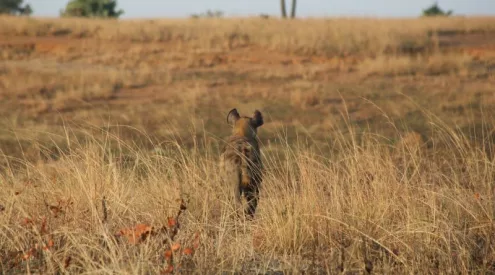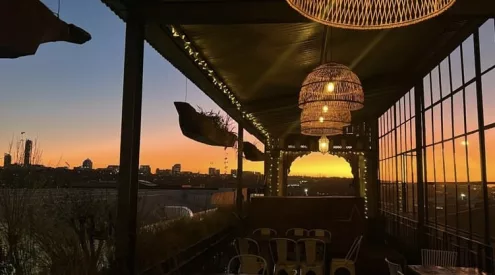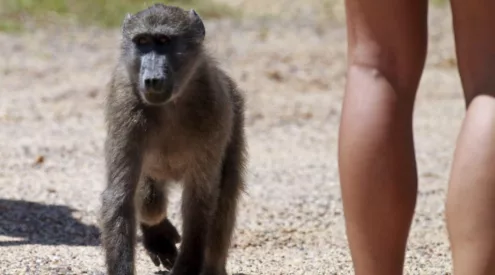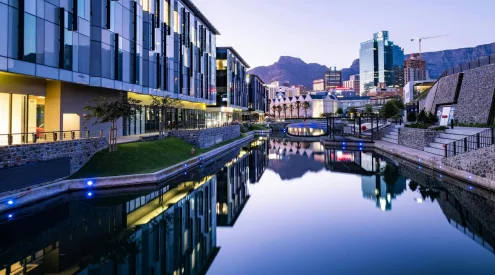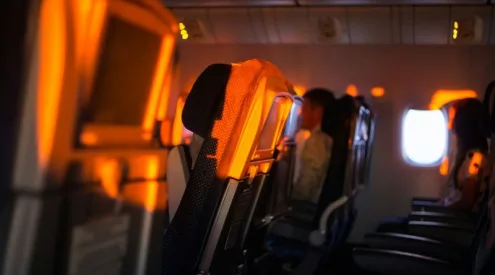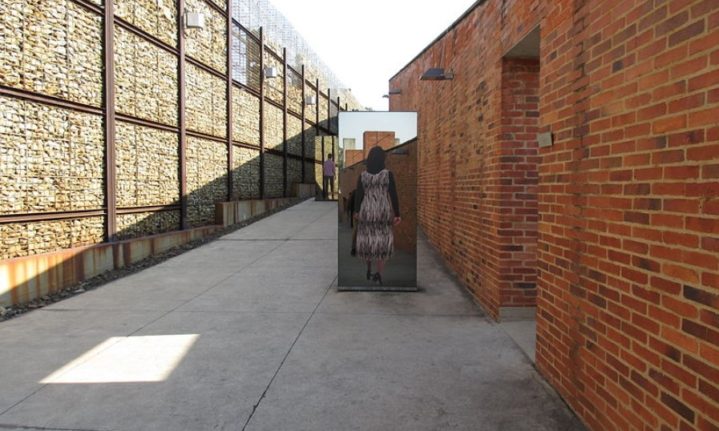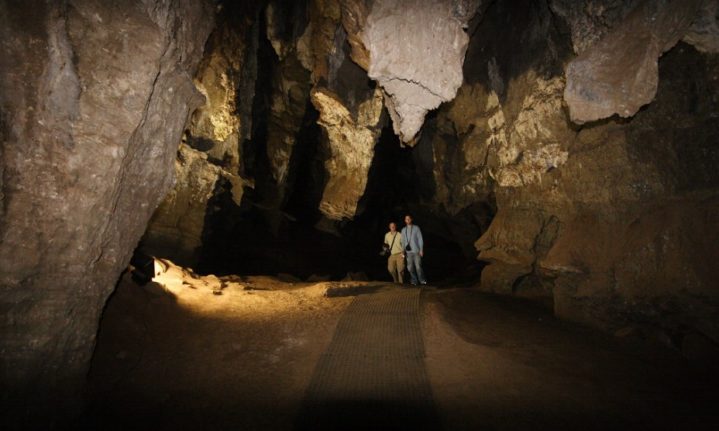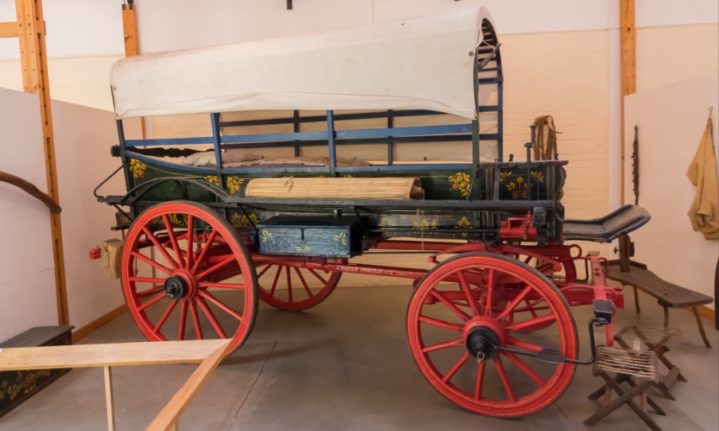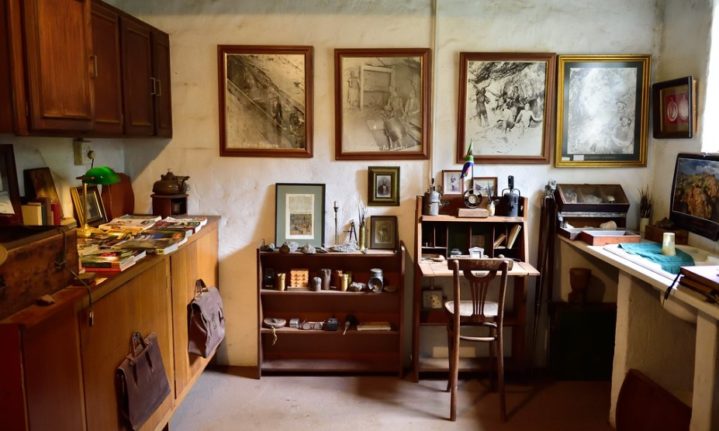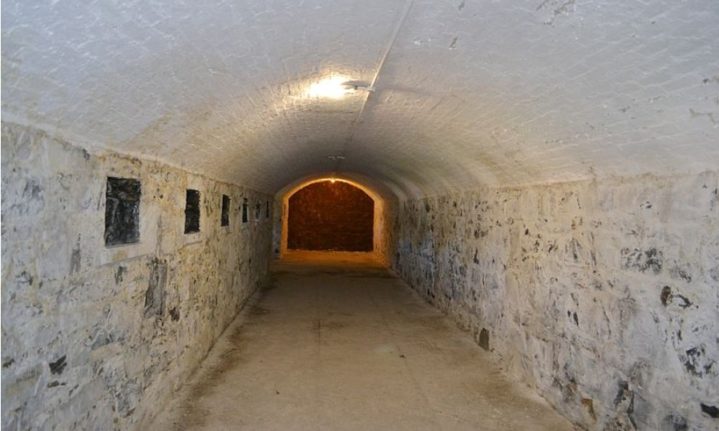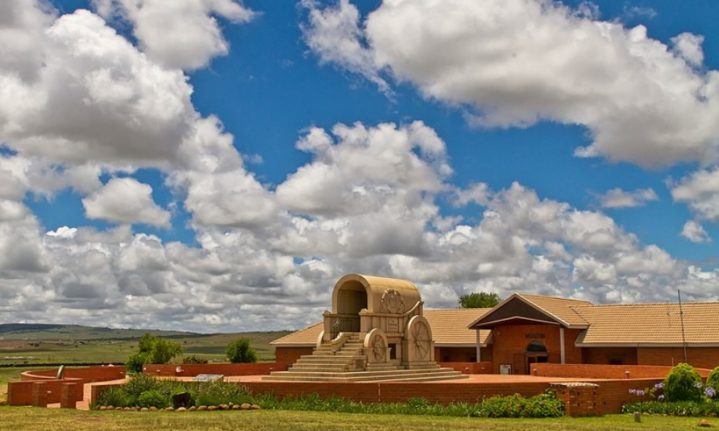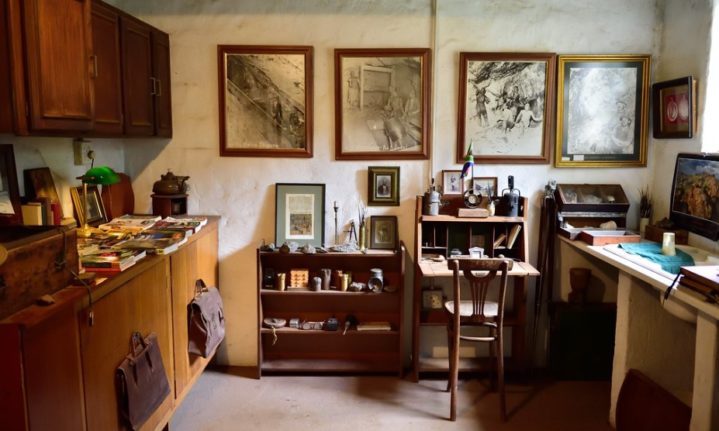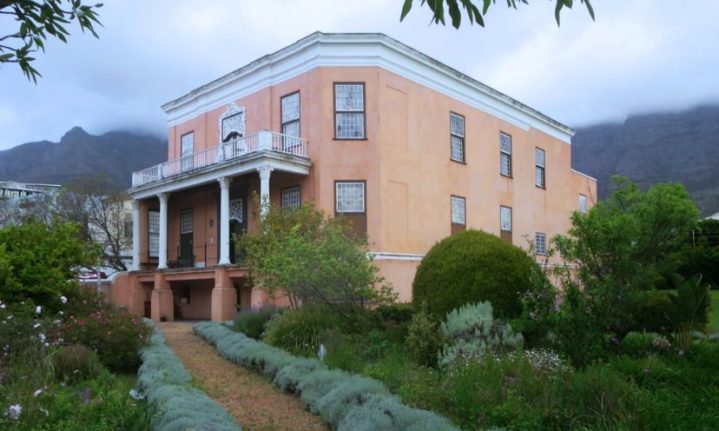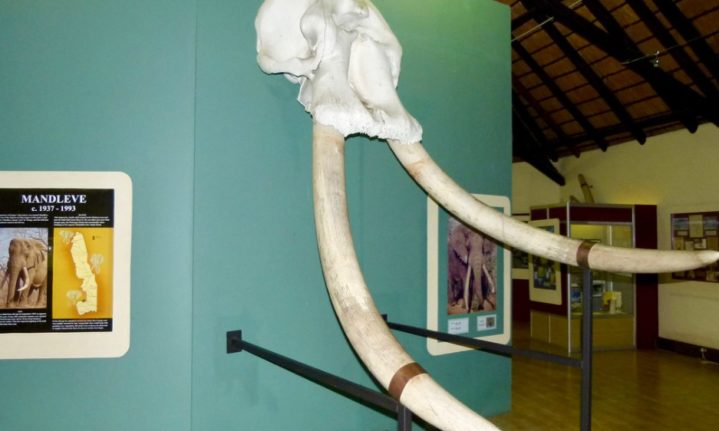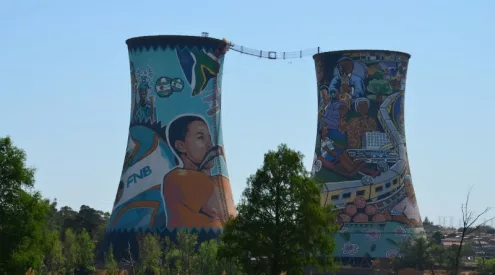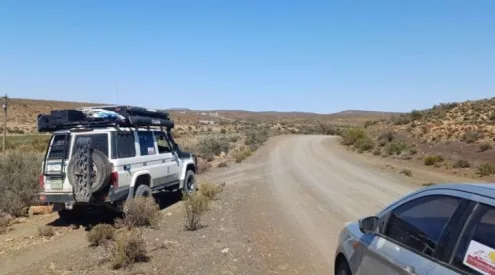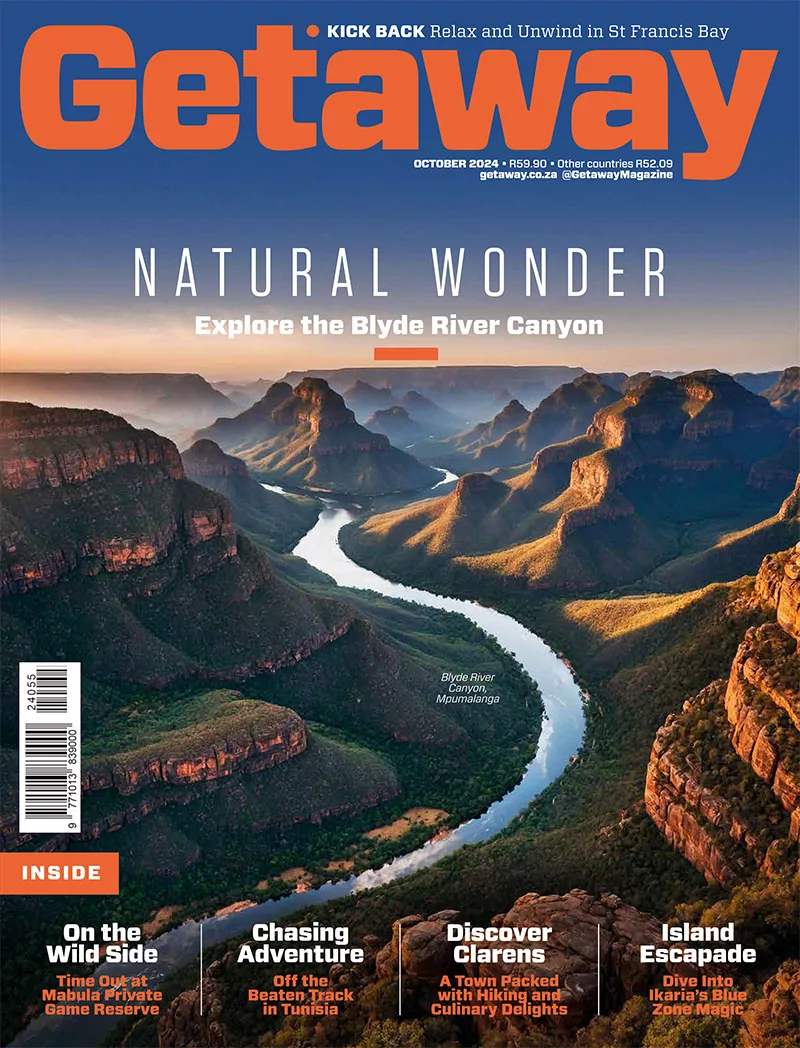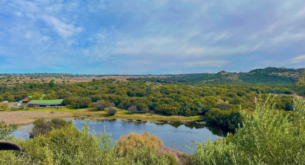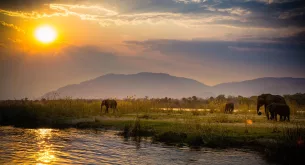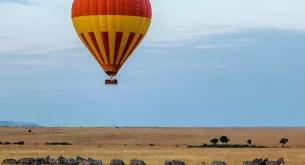South Africa has a rich history and there are myriad museums that pay homage to what the people of South Africa have lived through, seen and created over time.
Museums serve to teach us about the past and open our minds up to the experiences of the people who lived before us. We asked our readers what their favourite museums in South Africa are, and here are the top eight picks, in no particular order.
1. Apartheid Museum, Gauteng
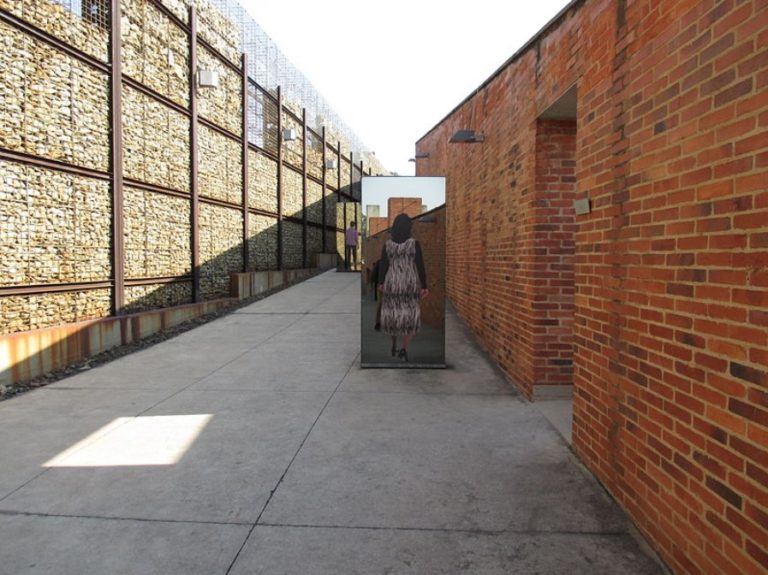
Apartheid Museum. Picture: Wikimedia Commons / Katangais.
The Apartheid Museum exhibits the injustice and cruelty of the minority white rule in South Africa. Located in Johannesburg, the word Apartheid means ‘separateness’ in Afrikaans. The Museum exists to help South Africa look toward the future.
The museum opened in 2001 and is a ‘superb example of design, space and landscape offering the international community a unique South African experience,’ as said on their official website. The museum displays video footage, pictures and artefacts that tell the human stories and experiences of those times.
2. Sterkfontein Caves, Gauteng
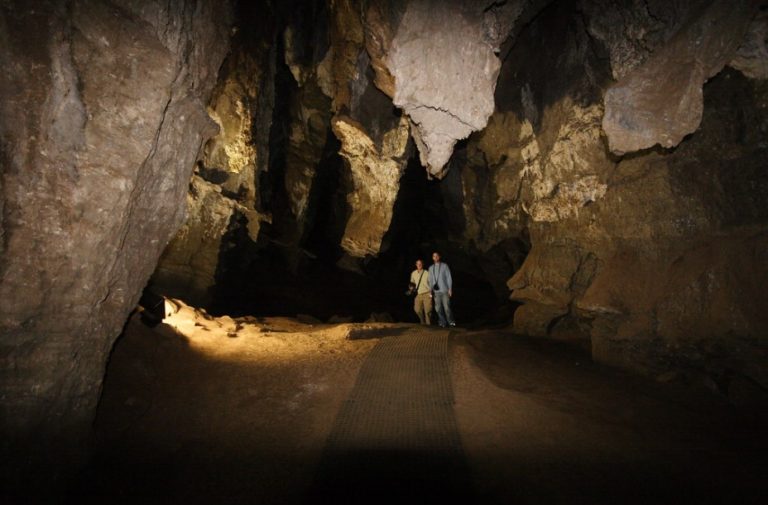
Sterkfontein Caves. Picture: Flickr Commons / Teague O’Mara.
This popular tourist destination is just an hour’s drive away from Johannesburg and Pretoria. The caves are known for their ancient fossils, most notably the discovery of an almost complete three-million-year old Australopithecus skeleton (a fossil primate that has both ape-like and human-like characteristics).
Visitors can expect to start the tours above ground and then go deep underground into the mysterious caves. The tours run seven days a week.
In 2005 the Sterkfontein Caves site was renovated and is easily accessed on walkways past the excavation site. There is even a delicious restaurant to grab a bite at if you’re feeling peckish after your tour.
3. Worcester Museum, Western Cape

Worcester Museum. Picture: Flickr Commons / George Baylis.
Located in the Breede River Valley, this cultural history museum covers the rich history of Worcester which used to be inhabited by ‘indigenous hunter-gatherers and pastoralists’ and then trekker farmers. Later, industrial change and commerce were introduced to the land.
If you are interested in agriculture, this museum will be a great place to visit. There are structures that form a traditional Cape colonial farmyard and many wagons, furniture, ceramics and glass to admire. There are also live demonstrations of some of the old traditions like the baking of bread in a brick oven outdoors which holds great educational value for those who have a knack for learning.
4. Fort Wynyard, Western Cape
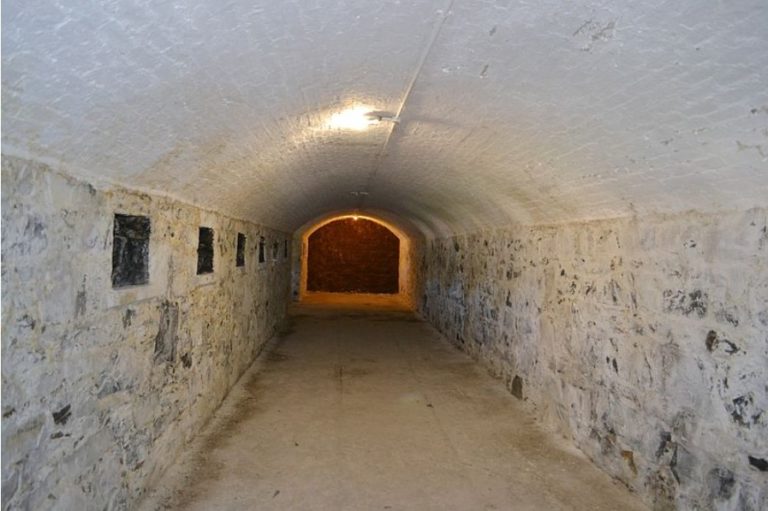
Fort Wynard. Picture: Wikimedia Commons / A3alb
This military base and artillery garrison was first a wooden battery built in 1795 that provided support to coastal defences which already existed. It was used to defend the west of Cape Town against any potential attacks. This was dismantled in 1827 and remodelled between 1888 and 1892 for the Table Bay Defences.
It is now owned by the South African National Defence Force and is the headquarters of the Cape Garrison Artillery. Visitors can go on a guided tour through many interconnected tunnels and eerie bunkers. You can also expect to admire old artillery pieces.
What’s better is that you can bring your furry friend as the venue is pet friendly. On a Friday afternoon, there is a food truck market with food from delicious local businesses as well as live music to set the atmosphere.
5. Battle of Blood River Museum, KwaZulu-Natal
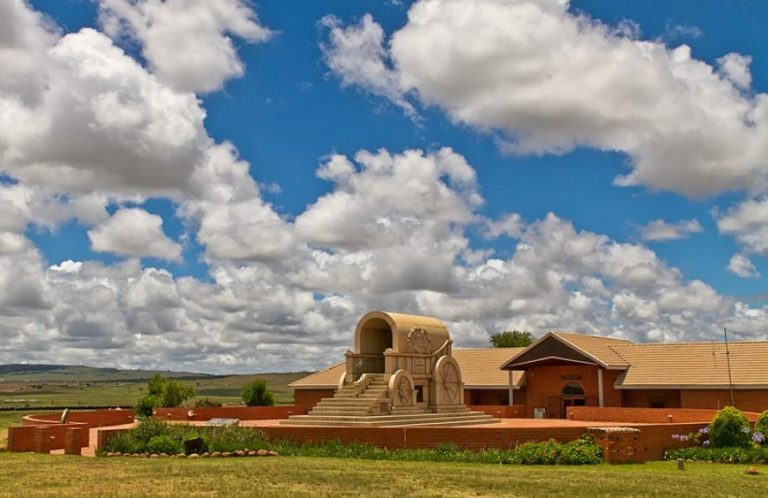
Battle of Blood River Museum. Picture: Wikimedia Commons / RN Nobby Clarke.
The Blood River Heritage site is located near Dundee in KwaZulu-Natal. The Blood River Monument and Museum Complex is on the west banks of the river and were erected to commemorate a huge battle in South Africa’s history.
The Zulu army of 12 000 warriors led by Ndlela kaNtul attacked the Voortrekker Commando on the banks of the Ncome River in 1838. The battle went on for most of the morning before the Zulus withdrew after suffering many casualties.
There are 64 replica bronze wagons in full size set in the original format for intrigued visitors to take a look at. There is also a tea room and toilets on site for guests to get a coffee or quick bite to eat.
Visit: Blood River Museum & Heritage Site | Battlefields Route
6. Kromdraai Gold Mine, Gauteng
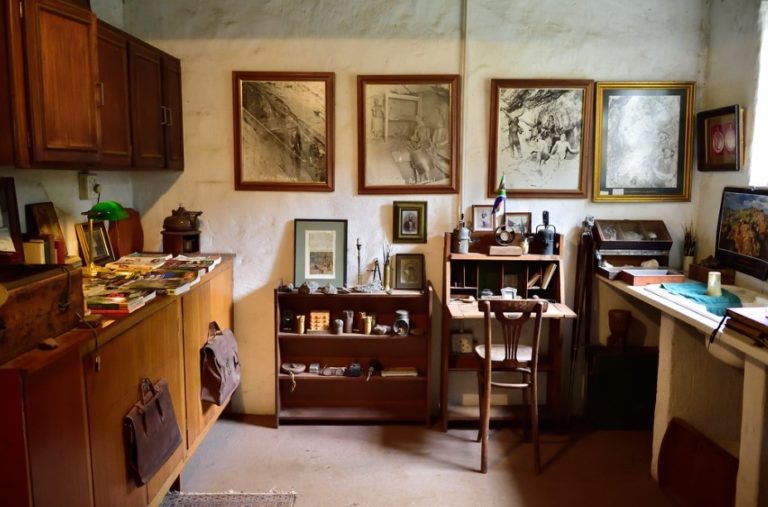
Kromdraai Gold Mine. Picture: Flickr Commons / South African Tourism.
Gold is a massive part of the history of Gauteng, Johannesburg was founded mainly due to all the gold that was found in the area. If you’d like to learn about Gauteng’s gold rush history then Kromdraai Gold Mine is a great place to visit and is one of the oldest mines in the province.
It is only a 40-minute drive from Johannesburg and is located in the World Heritage Site, the Cradle of Humankind, which is a popular tourist destination. Guests can take a guided tour of the old mine tunnels, with the entrance to the mine through a big hole in the side of the hill. The tour lasts one hour. This is certainly a great place to visit if you want to be transported back in time and learn how gold was mined all those years ago.
7. Rust en Vreugd, Cape Town, Western Cape
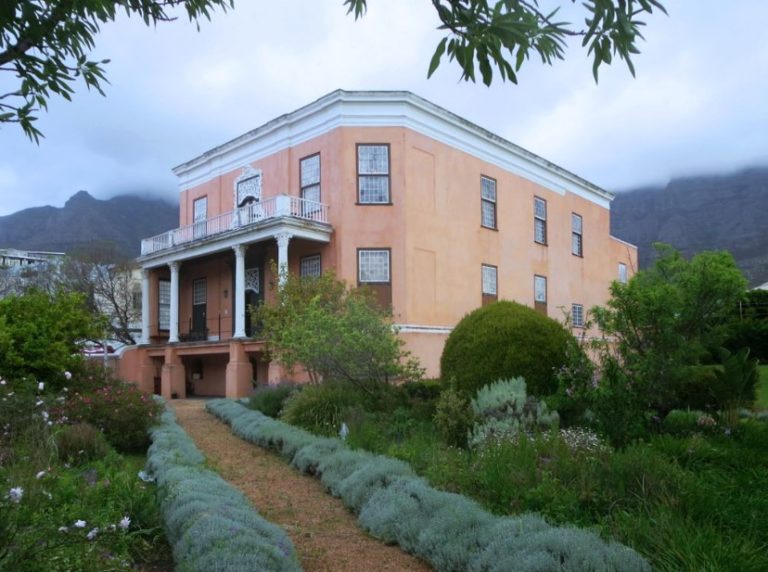
Rust en Vreugd. Picture: Flickr Commons / David Stanley.
If you’re a lover of art and old architecture then this is the place to visit. The mansion was built for Willem Cornelis Boers between 1777 and 1778, he was a high-ranking employee of the Dutch East India Company. The house is located on Cape Towns outer limits on Buitekant Street, which is much more easily accessed now than it was in 1777.
Rust en Vreugd was owned privately by Boers and was then a teacher training college for the Dutch Reformed Church in 1878 Between 1925 and 1957 it was a Cape Town High School and then in the 1960s it was renovated and became an art gallery space.
William Fehr donated a private collection of art works to South Africa, they are all on display at Rust en Vreugd. There are wheelchair facilities which make the museum easily accessible for all. There is no entrance fee and the museum runs on donations from the visitors.
8. Letaba Elephant Hall, Limpopo
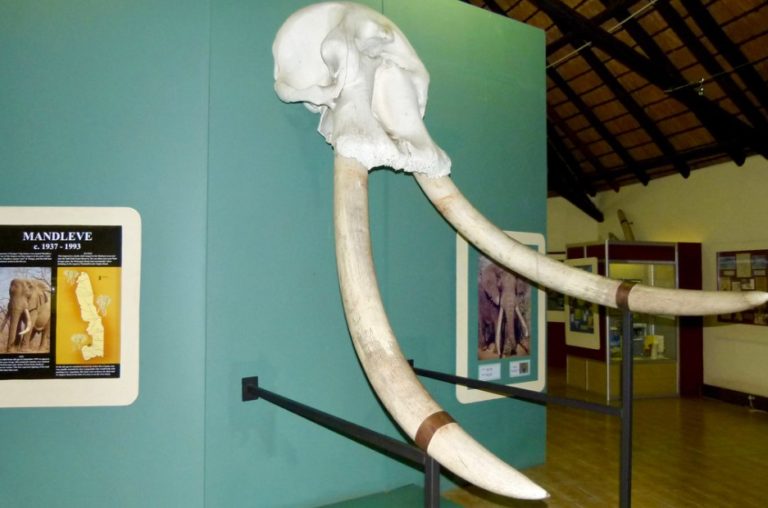
Letaba Elephant Hall. Picture: Flickr Commons / Bernard DUPONT.
The Letaba Elephant Hall, or Elephant Museum lies on the banks of the Letaba River in The Kruger National Park. If you are fascinated by these majestic giants then it is a great place to add to your bucket list. You can learn about the evolution of elephants, their biology, behaviour and ecology.
What is most exciting, however, is that they have the ivory of eight of the Kruger National Park’s greatest tuskers. These elephant bulls used to roam Kruger in the 30s and 80s. The tusks of these elephants weighed over 50kg each – you’ll have to see it to believe it.
ALSO READ

